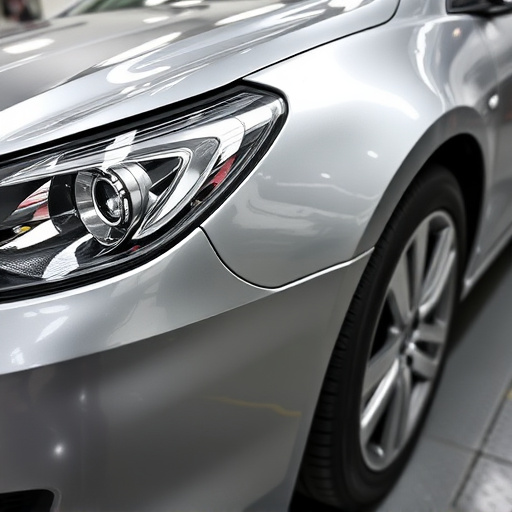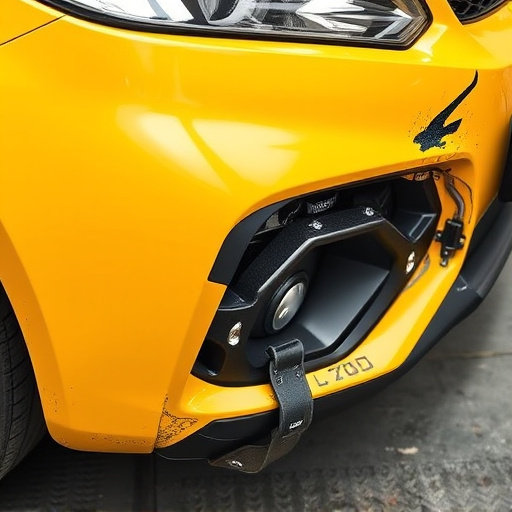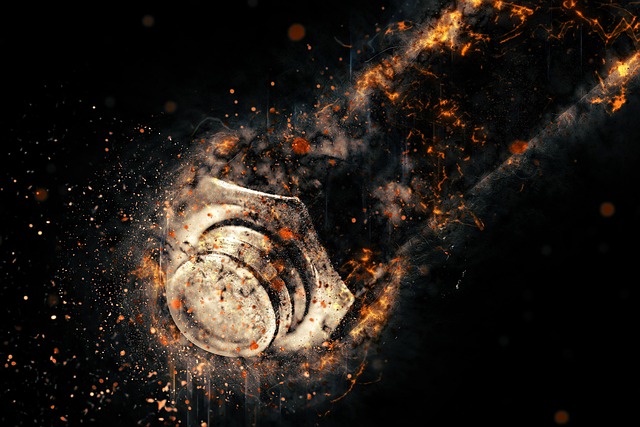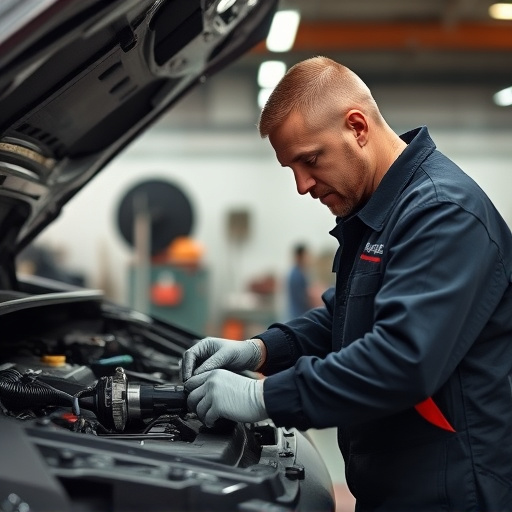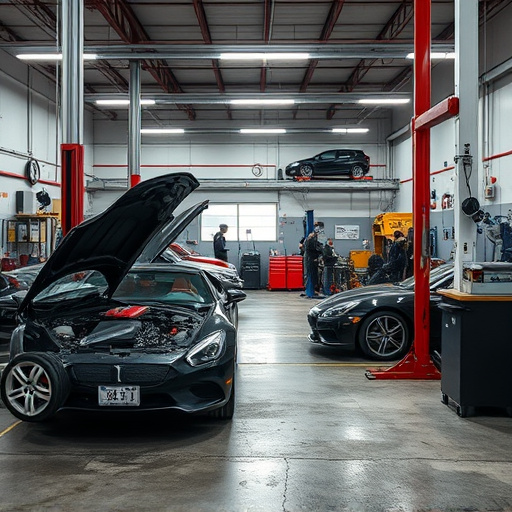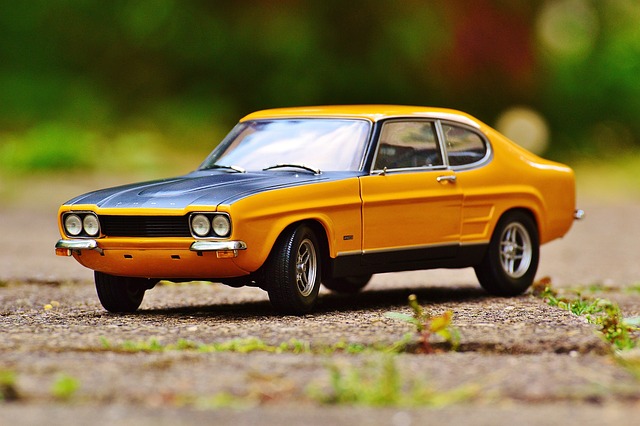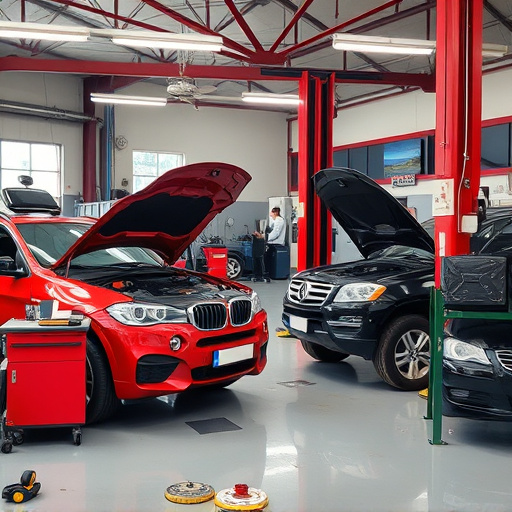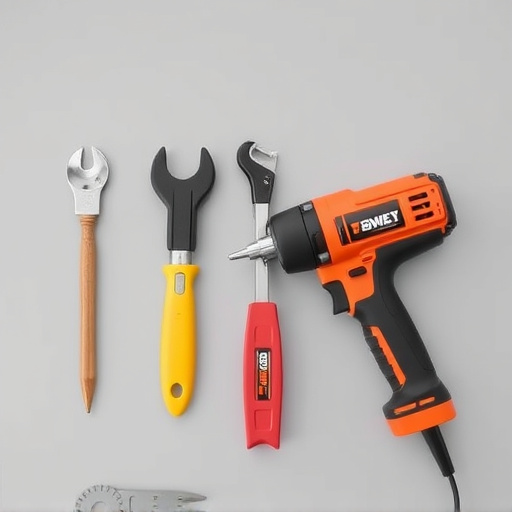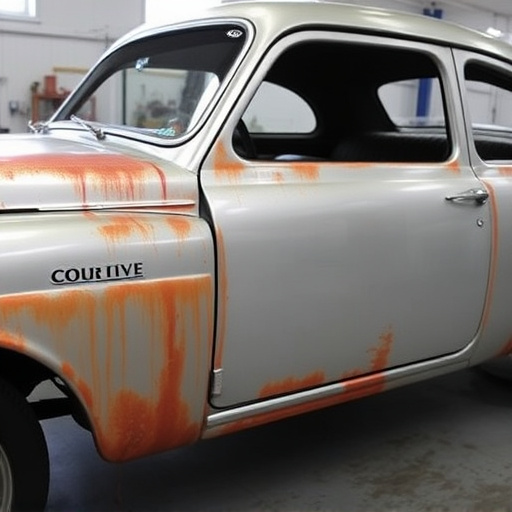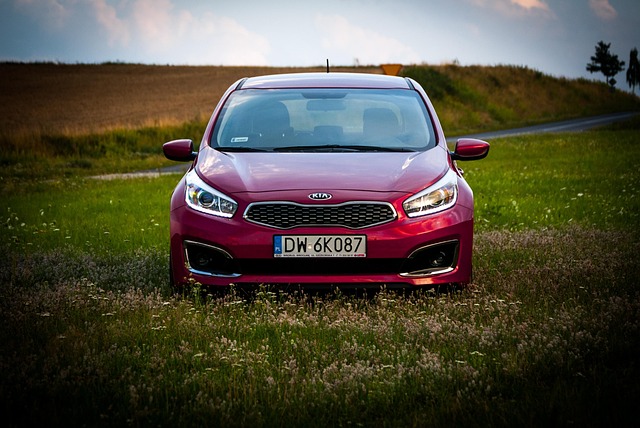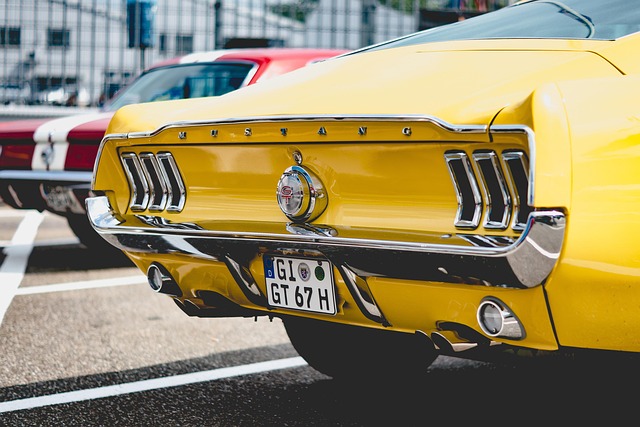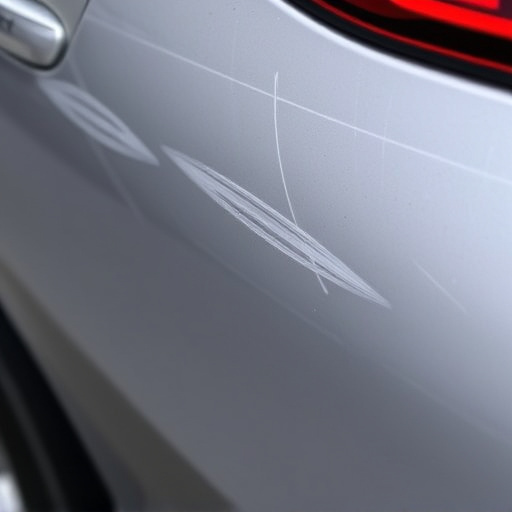Mercedes glass sensor calibration is a critical process for ensuring the safety and reliability of Mercedes-Benz vehicles, particularly in anti-lock braking and advanced driver assistance systems. Accurate calibration, achieved through meticulous fine-tuning by well-trained technicians, guarantees consistent and precise sensor data. This enhances vehicle safety, drivability, and ultimately contributes to a secure driving experience. Regular training sessions and quality control measures are essential for maintaining precision in automotive collision repair shops, leading to improved customer satisfaction and operational efficiency.
In the realm of automotive technology, precise Mercedes glass sensor calibration is paramount for vehicle safety and performance. This article explores the critical role of technician training in ensuring accurate calibration of Mercedes glass sensors. We delve into the fundamentals of basic calibration, highlighting how specialized training enhances precision and accuracy. Additionally, we present best practices for continuous improvement in calibration, underscoring the importance of staying at the forefront of this vital process for optimal vehicle functionality.
- Understanding Mercedes Glass Sensor Calibration: The Basics
- Technician Training: Enhancing Precision and Accuracy
- Best Practices for Continuous Improvement in Calibration
Understanding Mercedes Glass Sensor Calibration: The Basics
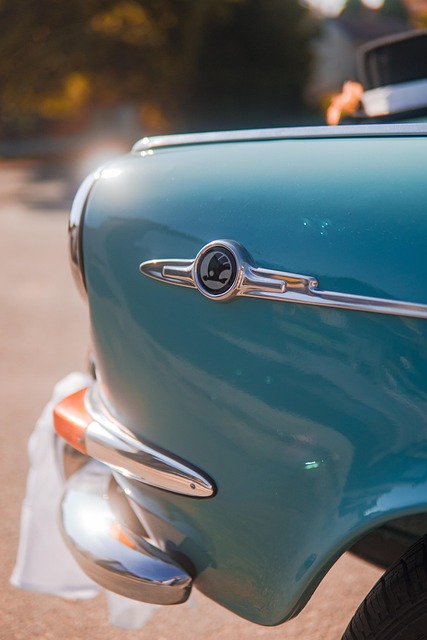
Mercedes glass sensor calibration is a precise process that ensures the accuracy and reliability of sensors within Mercedes-Benz vehicles. These sensors play a critical role in various safety and performance systems, from anti-lock braking to advanced driver-assistance features. Calibration involves adjusting and fine-tuning these sensors to meet specific parameters, guaranteeing optimal functionality.
Understanding the basics of this process is essential for anyone involved in car collision repair or working at an auto repair shop specializing in Mercedes benz repair. Proper calibration ensures that sensor data is consistent and accurate, directly impacting vehicle safety and drivability. It requires specialized tools and knowledge to interpret sensor readings and make precise adjustments, ultimately contributing to a seamless and secure driving experience.
Technician Training: Enhancing Precision and Accuracy
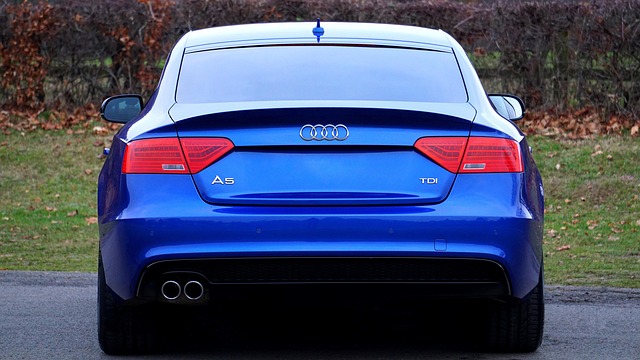
Technician training plays a pivotal role in ensuring precision and accuracy during Mercedes glass sensor calibration. Well-trained technicians are equipped with the knowledge and skills to understand the intricate workings of modern automotive sensors, which have become increasingly complex in their design and functionality. This specialized training enables them to perform thorough inspections, identify potential issues, and make precise adjustments to achieve optimal sensor performance.
In the realm of auto repair services, including collision repair shops, consistent training is key to maintaining high standards. Trained technicians can recognize even subtle anomalies that might affect glass sensor calibration, ensuring that vehicles are returned to their owners with reliable safety features. This focus on excellence contributes to the overall reputation of auto repair shops, fostering customer trust and confidence in their vehicle’s safety and functionality.
Best Practices for Continuous Improvement in Calibration
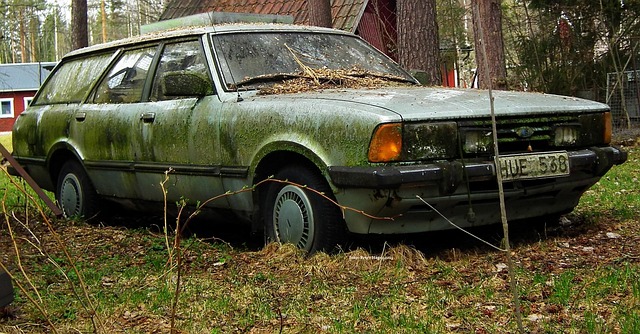
Maintaining accurate Mercedes glass sensor calibration is paramount for reliable vehicle repair services and ensuring safety on the road. To uphold these standards, continuous improvement practices are essential. Regular training sessions equip technicians with the latest methods and technologies in glass sensor calibration, fostering a culture of precision and excellence within automotive collision repair shops.
Implementing ongoing quality control measures, such as periodic internal audits and peer-to-peer feedback sessions, allows for identifying areas of enhancement. By adopting these best practices, technician teams can refine their processes, minimize errors, and ultimately deliver superior results in car body repair, contributing to the overall efficiency and satisfaction of customers availing vehicle repair services.
Technician training plays a pivotal role in achieving precise and accurate Mercedes glass sensor calibration. By understanding the fundamentals, adopting best practices, and continuously improving techniques, technicians can significantly enhance the overall quality and reliability of sensor calibrations. This ensures that Mercedes vehicles equipped with advanced glass sensors operate optimally, providing drivers with enhanced safety and performance features.

